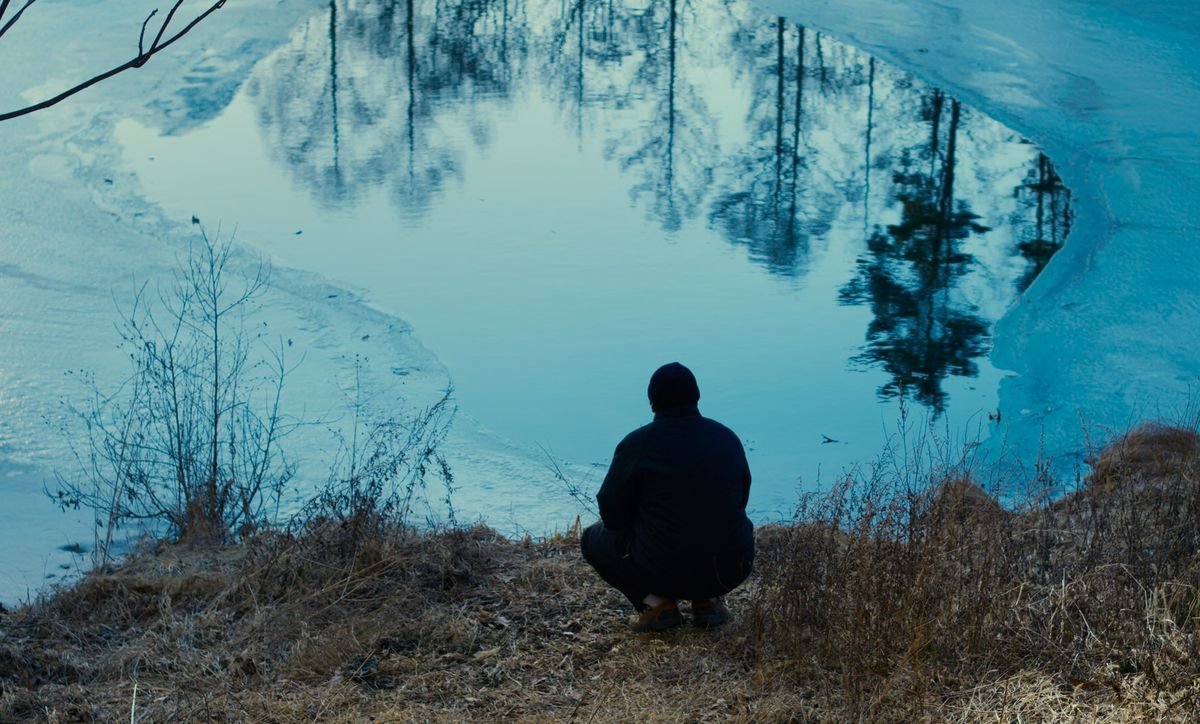Review: Evil Does Not Exist (2023)
It’s hard to know what to make of Ryusuke Hamaguchi’s Evil Does Not Exist, but I do know that the movie is beguiling and beautiful. And that’s even before mentioning the ending that I’m still thinking about weeks after having watched the film. It’s the sort of ending that would be destined to fuel endless thinkpieces if it were present in a major studio release (and still inspires a few from the online cinephile crowd).
First conceived of as a short film to accompany the music of Eiko Ishibashi (who also scored Hamaguchi’s Drive My Car), and then expanded into a proper feature narrative inspired by her music, Evil Does Not Exist is a haunting, understated work by the celebrated Japanese director. It’s equal parts paean to an idyllic rural life and the beauty of nature and a dire warning that the natural world is more complex and contradictory than we tend to admit in our stories about it.
In the film, a company wants to use post-pandemic government investments to build a “glamping” site in a pristine rural community north of Tokyo. The villagers don’t want the glamping operation to contaminate the local water supply and bring unwanted noise and rowdiness to the quiet community. The glamping company doesn’t care about the actual project, but simply wants to pocket the government funds, so they hire a talent agency to act as their representatives in the field and operate a town hall to sooth the concerns of the villagers. The town hall doesn’t go well, the villagers will not be silenced, and the two agency delegates, Takahashi (Ryuji Kosaka) and Mayuzumi (Ayaka Shibutani), start to wonder if the money they’re being paid is worth being on the obviously wrong side of this impending showdown.
The film begins as a tale about the urban, corporate baddies versus the quiet, rural community. In the village, we mostly follow Takumi (Hitoshi Omika), a widower who does odd jobs and who acts as one of its quiet, unofficial spokesmen, as well as his daughter, Hana (Ryo Nishikawa), who tends to wander the village and nearby forests with dreamlike abandon.
After the town hall sequence, Evil Does Not Exist shifts to follow Takahashi and Mayuzumi, who are shaken by what the villagers say and start to contemplate a different life back in Tokyo. We follow their long conversations in car rides and watch them plead with the company bigwigs for more consideration in approaching the project. You almost start to wonder whether the movie is transforming into something akin to Bill Forsyth’s beloved Local Hero, about urban patsies who learn to love the quiet rural life.
But Hamaguchi has bigger things in mind. The film twists and veers off into the woods, leaving you stunned, entranced, perhaps a little baffled. The understated visual approach, which lingers on the forest and people doing work and the long car rides, and the string-heavy music from Ishibashi create a bewitching atmosphere.
Does it all work? Most of it does. The narrative is engrossing in its attention to detail and place and the particularities of life in this part of Japan. The affection for the ostensible antagonists, too, is proof of Hamaguchi’s strong dramatic instincts. He is curious about people and his camera makes us curious as a result.
The film’s music is beautiful, too, and an integral part of the whole. Its mixture of aetherial wonder and dread sets the tone for the film. At times, you almost wonder whether the actors could hear the music while performing, so closely aligned is their approach to Ishibashi’s own. To be clear, parts of the film do seem to be leftovers from the art installation version of the work, most notably the opening sequence which is just long, vertical shots from the ground of barren trees in winter. But these moments do ease you into the headspace of the film, like you’re slipping into a warming bath.
Perhaps it all depends on how you take the film’s ending, which isn’t what I expected it to be. But it’s provocative and more like a moment from an Apichatpong Weerasethakul movie than anything from Drive My Car. Perhaps that’s the best way to think of Evil Does Not Exist: Hamaguchi does Weerasethakul. You go in expecting another Hamaguchi soulful drama and instead you get a tone poem and ecological fable that has compelling characters, but isn’t as interested in them as you assumed at first glance. The movie shapeshifts, similar to how a forest is so inviting in day, so haunting at night. It’s unpredictable and the only thing you’re absolutely sure about is its beauty.
8 out of 10
Evil Does Not Exist (2023, Japan)
Written and directed by Ryusuke Hamaguchi; starring Hitoshi Omika, Ryo Nishikawa, Ryuji Kosaka, Ayaka Shibutani.



Joe Carnahan’s cop thriller starring Matt Damon and Ben Affleck is an enjoyable whodunnit.